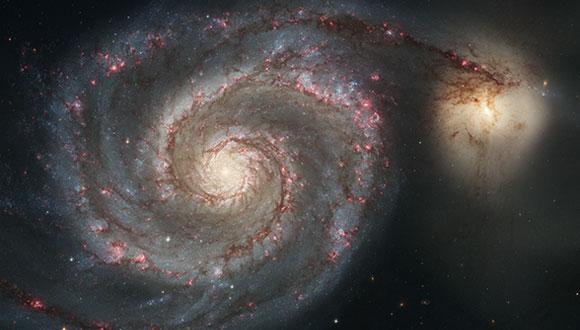Astronomy & Astrophysics Seminar: Merging Black Holes of Any Size and Hierarchy
Giacomo Fragione, HUJI
Abstract:
The recent discovery of gravitational waves has opened new horizons for physics. Current and upcoming missions, such as LIGO, VIRGO, KAGRA, and LISA, promise to shed light on black holes of every size, from stellar mass sizes (SBH) up to supermassive black holes which reside in galactic nuclei. The astrophysical origin of these mergers is among the most puzzling open questions of our time. Possibilities include isolated binary evolution through a common envelope phase, gas-assisted mergers, dynamically assembled binaries in dense stellar systems such as globular clusters or galactic nuclei. By using N-body simulations, I will discuss how the rich dynamics in galactic nuclei and star clusters catalyzes SBH mergers in binary and triple systems, and make prediction on their merger rate through cosmic time. Moreover, the intermediate mass black hole (IMBH) family has not been detected beyond any reasonable doubt neither directly nor indirectly. Recent analyses suggest observational evidence for the presence of IMBHs in the centers of two Galactic globular clusters. I investigate the possibility that globular clusters were born with a central IMBH, which undergo repeated merger events with stars and SBHs in the cluster core. By means of a semi-analytical method, I will show how the evolution of the primordial cluster population in the galactic potential can be investigates and make predictions on the Gravitational Wave mergers of the binary IMBH-SBH systems. Currently there are no LIGO/VIRGO upper limits for GW sources in this mass range, but at design sensitivity these instruments may detect these IMBH-SBH mergers in the coming years. LISA and the Einstein Telescope will be best suited to detect these GW events.
Seminar Organizer: Dr. Omer Bromberg


